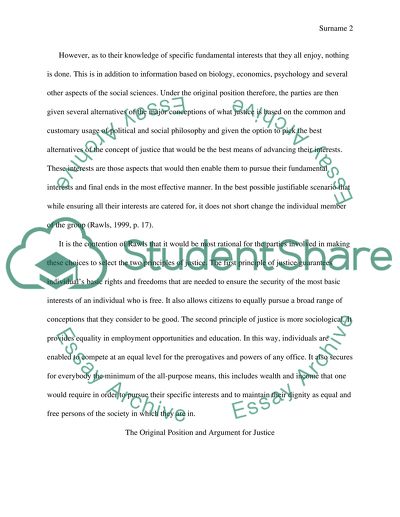Cite this document
(“Describe the original position. why does Rawls thinks that it is a Essay”, n.d.)
Retrieved from https://studentshare.org/environmental-studies/1419046-describe-the-original-position-why-does-rawls
Retrieved from https://studentshare.org/environmental-studies/1419046-describe-the-original-position-why-does-rawls
(Describe the Original Position. Why Does Rawls Thinks That It Is a Essay)
https://studentshare.org/environmental-studies/1419046-describe-the-original-position-why-does-rawls.
https://studentshare.org/environmental-studies/1419046-describe-the-original-position-why-does-rawls.
“Describe the Original Position. Why Does Rawls Thinks That It Is a Essay”, n.d. https://studentshare.org/environmental-studies/1419046-describe-the-original-position-why-does-rawls.


